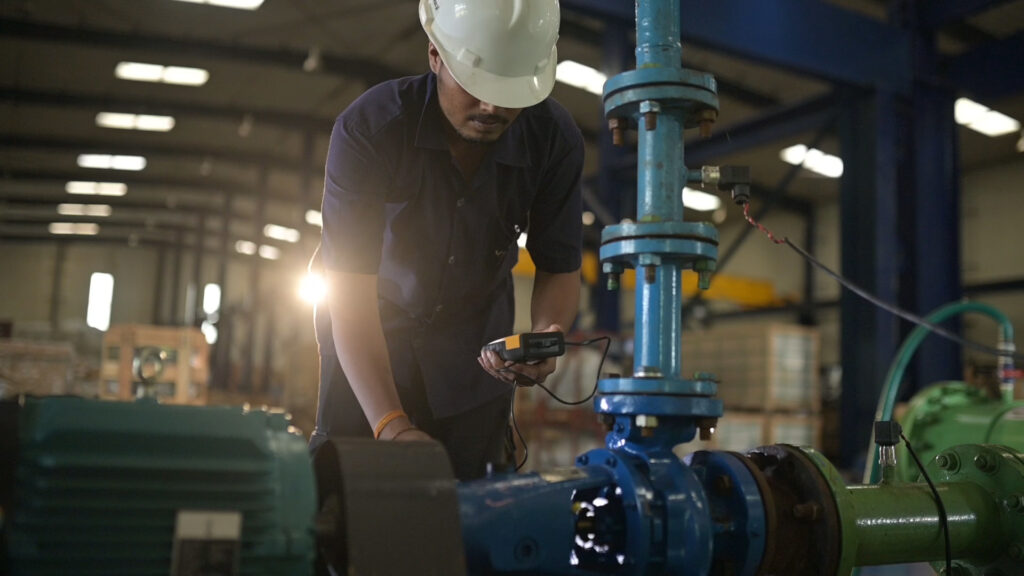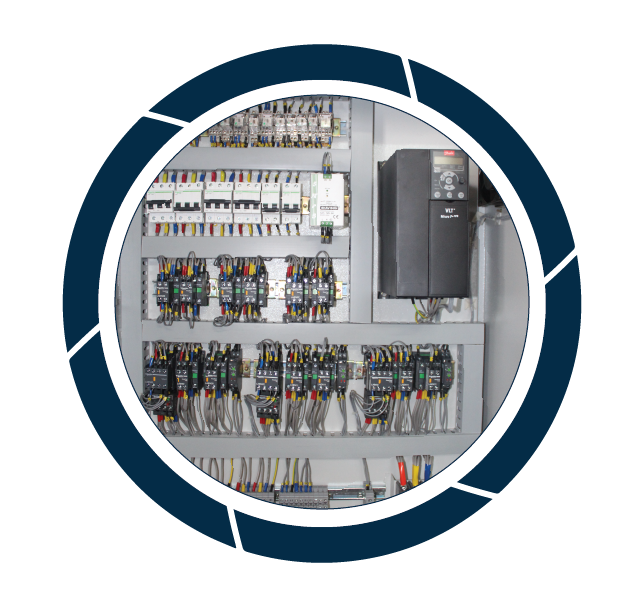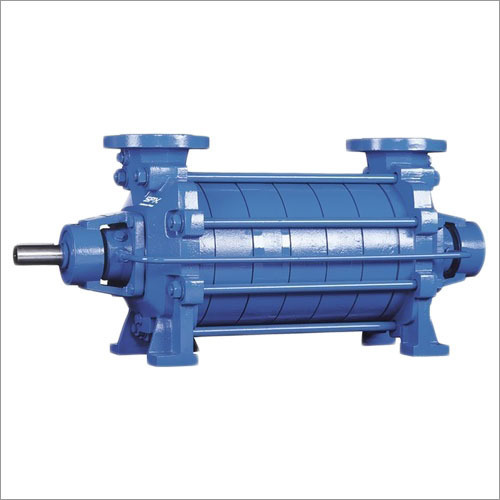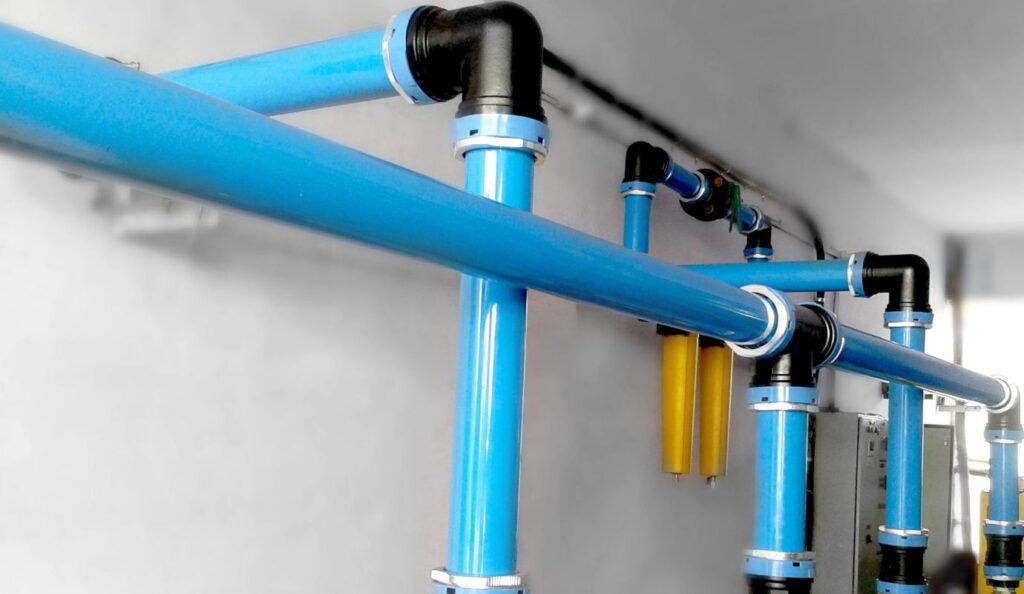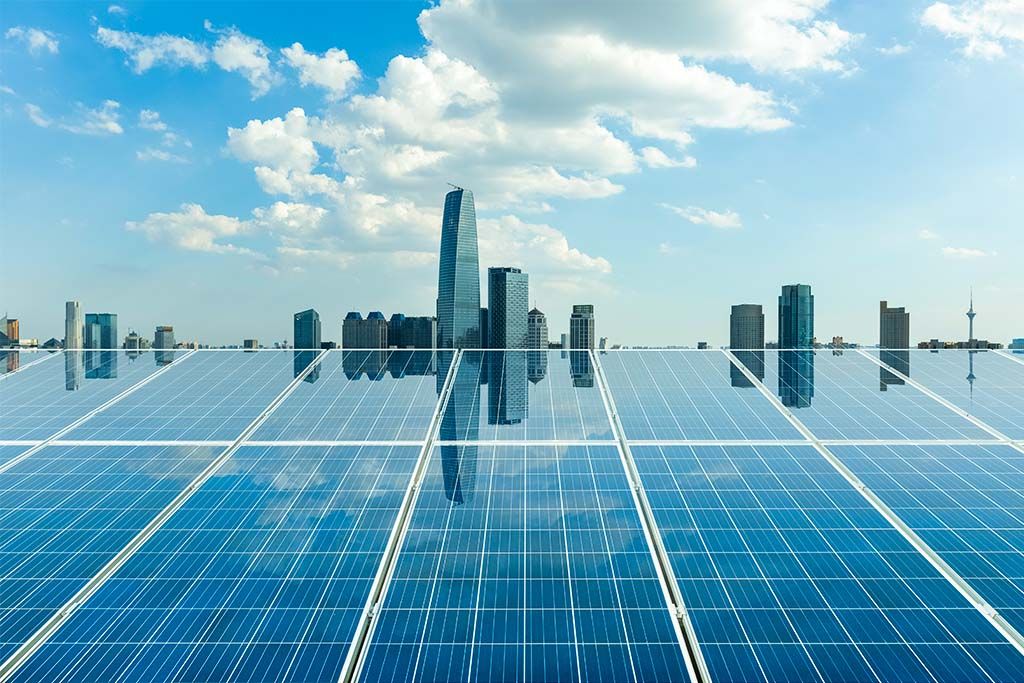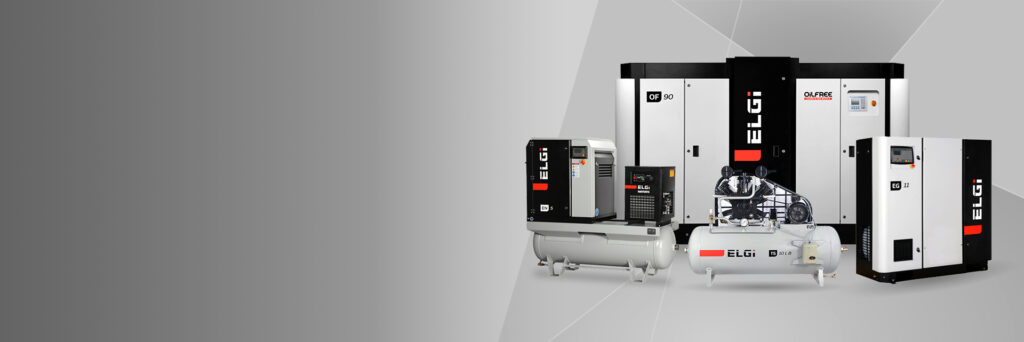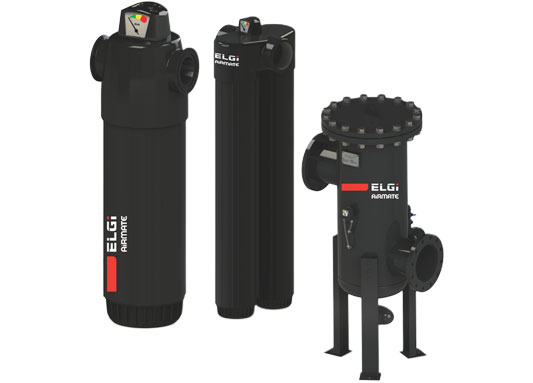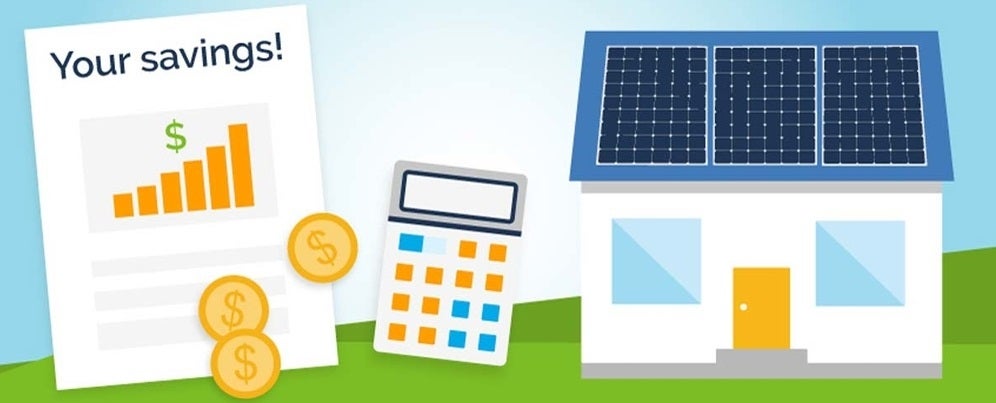Pumps are an essential resource for several verticals such as the industrial sector, the hospitality sector, the agriculture sector, and the medical sector. As a result, they are extensively used in operations across industries. This also means that they consume a lot of energy to run efficiently. For example, in agriculture, groundwater pumping consumes about 16×109 kWh of electricity and about 2,000 million litres of diesel oil in a year.
Pump energy audits reveal that around 30-50% of the total energy consumed from pumps can be saved. This means that if you replace your old pumps with new, efficient pumps, you can not only save energy but also significant energy costs. With rising energy prices, getting an energy audit done by professionals is a prerequisite.
What is a pump energy audit?
A pump audit is an energy optimisation audit of your pump system. It helps analyse the efficiency of your pump system and identifies energy-saving options through switching to a new pump or pump line. Additionally, it also illustrates the monetary benefits of the switch for your company.
There are several reasons why your pumps can have lower efficiency:
- Undersized pipes (less initial cost but high frictional head loss and operational cost)
- High delivery point (excessive height increases energy consumption)
- Poor fittings (leads to leakage and losses)
- Inefficient pumps (due to improper selection and mismatched prime movers)
Benefits of a pump energy audit
Investing in an energy audit can be beneficial for your company as well as the environment. Here are the advantages of energy optimisation for your organisation:
- Reduced energy bills (up to 40%)
- Lower operating costs
- Low pump failure rates
- Shorter payback periods
- Reduced need for fuel imports
- Conservation of insufficient resources
- Building a sustainable environment
VEMC’s check parameters
With VEMC’s energy audit, you can unlock hidden savings from your pump installation and bring down pump operational costs. The three parameters of energy optimisation that VEMC aims to help your organisation achieve are energy consumption, service maintenance, and purchase price.
Steps to achieve energy efficiency by VEMC
To unlock the hidden savings, VEMC does an energy check that comprises the following aspects:
- On-site inspection – A 3-4 hour survey of pump installations with a focus on key parameters such as age, head, and power consumption.
- Energy check report – The findings from the inspection are documented in an energy check report. The report offers details on pump installation, recommendations, savings, investment, and pay-back period.
- Savings – In this step, the report is presented and recommendations are discussed, along with a plan of action. This happens in a 1-2 hour meeting.
How to save pump energy?
The various ways you can achieve energy savings for your pumps are:
- Choose a pump with the right dimensions and avoid oversizing
- Trim the impellers to reduce pressure and flow
- Investing in variable frequency drives to control motor movements as per situations
- Use multiple pump systems
- Optimise the system pipework to limit frictional pressure drop
- Carry out routine maintenance for your pump systems
Why choose VEMC?
VEMC’s energy audit helps you understand whether your pump system is working efficiently or not and offers solutions to help reduce your carbon emissions and operating costs. This helps build a “No Cost and Low Cost” culture.
For more information on conducting an energy audit for your industrial pumps, motors, and other equipment, feel free to contact us at +91 98199 07445. We would be glad to assist you in finding the best match for you based on your requirements. VEMC is an authorized dealer of Kirloskar dewatering pumps and provides end-to-end project management services to its clients. We are ISO 9001:2015 certified and a pioneer in the field of electromechanical engineering products, allied equipment, and services.


